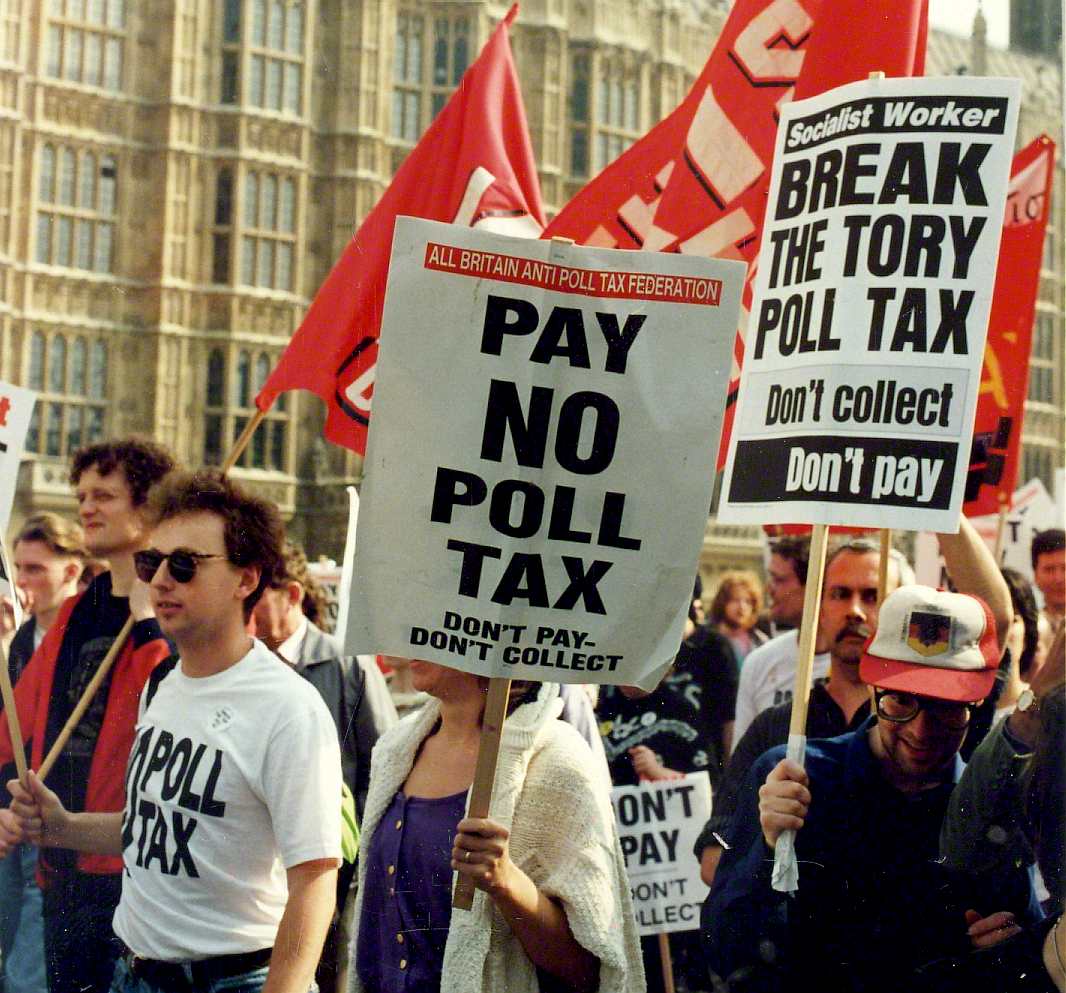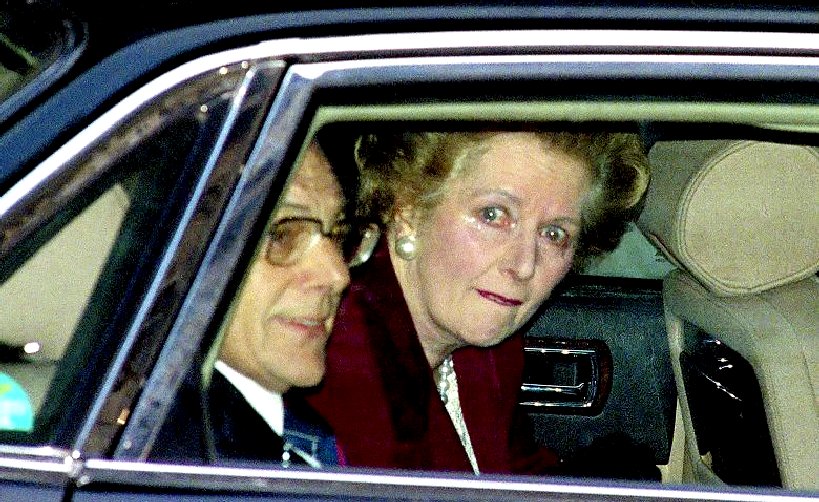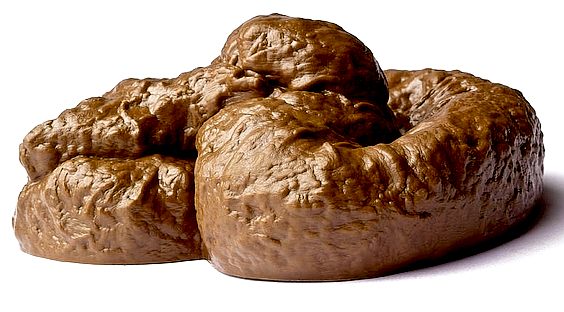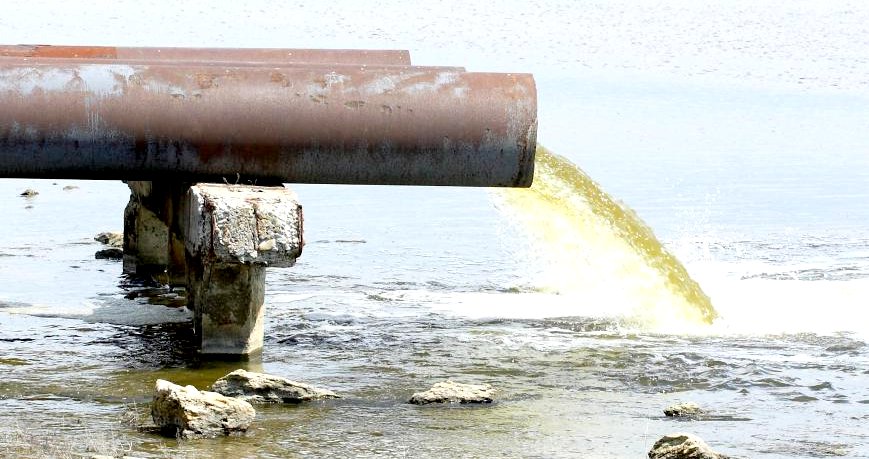
TYRANICAL -
This Conservatives Prime Minister caused untold suffering to the poorer
members of the United Kingdom, mostly seeking to further enslave them.
A
PRIME MINISTER UP SHIT CREEK WITHOUT A PADDLE
Margaret
Thatcher PM, was known as the Iron
Lady of British politics, but her attitude towards the citizens of Great
Britain and Northern Ireland, eventually showed her for what she was, an
uncaring tyrant propping up unsustainable policies by any means. This
kind of pothole politics is still prevalent.

2013 BELFAST MEDIA - TIME HAS NOT DIMINISHED THE MEMORY
You’d think the death of someone whose political career ended decades ago would have been greeted with a shrug. Not so for Maggie Thatcher.
Comment after comment, tweet after tweet expressing pleasure, nay delight, at the death of an 87-year-old woman who’d been suffering for years with Alzheimer’s. Litanies of curses, talk about gathering in a pub to celebrate, the posting of anti-Thatcher songs – wave after wave of joy. An occasional voice would be raised calling for ‘dignity’ or ‘compassion’, but that was rebutted by another list of Thatcher sins. Remember that sympathetic image of her presented in a film a year or two back? Gone. Totally washed away. People sounded as if they meant it when they talked about dancing in the street or even on Thatcher’s grave.
Why this outpouring of delight at a death? Because Maggie Thatcher created so much unforgiving enmity on so many fronts. She voted for the restoration of birching in 1961. She was a founding member of the Anglo-Israeli Friendship League of Finchley and a member of the Conservative Friends of Israel. As Education Secretary in Ted Heath’s government in the early 1970s, she soon had England’s children chanting “Thatcher, Thatcher, milk snatcher!” when she abolished free milk for children between 7 and 11. When she became British
Prime Minister she inherited a Britain which was broken and replaced it with a Britain driven by greed and selfishness. Remember the TV character Loadsamoney? That epitomised the spirit of the age. A decade or so later the south of Ireland caught the disease with its Celtic Tiger.
She destroyed the livelihood of thousands of British workers and shattered the very communities in which they lived. She made political decisions which resulted in policemen on horseback charging down striking miners. She claimed some windswept islands thousands of miles away as British and gave orders for the deaths of all on board the Argentine vessel Belgrano, even though it was sailing away at the time. When some journalists questioned her about this action she berated them and told them to rejoice at its sinking, as she did. She spoke of the Long Kesh hunger strike as the last sting of a dying IRA wasp and of the hunger strikers as common criminals. In support of those claims she allowed ten men to die. She told the British population that there was no such thing as society, only people and their families.
Since death comes for us all, it’s normally hard not to feel some sympathy for the deceased. I confess when I search my own heart I find in it very little warmth, let alone forgiveness. It’s wrong, of course, but the woman presented a stony and brutal face to Ireland and most of Britain north of Birmingham. When your political deeds prompt songs not of admiration but execration on both sides of the Irish Sea, you know that some deep and lasting damage has been inflicted. Maggie Thatcher has left a legacy all right, but it’s one of bitterness and contempt.
And yet it all started so mildly. I can still see her standing as PM on the steps of 10 Downing Street for the first time. She was talking to reporters and in the background hecklers bayed and jeered. Struggling against the noise, Thatcher chose to recite her version of the Prayer of St Francis of Assisi: “Where there is discord, may we bring harmony; where there is error, may we bring truth.”
Some prayers, it appears, just don’t get answered.

THE
ACID (SHIT) TEST - THE POLL TAX - BBC DECEMBER 2016
It was Margaret Thatcher's biggest political misjudgement - and brought her career as prime minister to an ignominious end.
The poll tax (or community charge) was supposed to make local council finance fairer and more accountable. Instead it triggered civil disobedience and riots and a rebellion in the
Conservative Party.
Cabinet papers for 1989 and 1990, released today at the National Archives in Kew, reveal the reaction to the crisis at the heart of government. They show how involved the prime minister herself was.
And they pinpoint the moment it dawned on her that her flagship policy had turned into a political disaster which was hitting, not Labour local councils, but her natural supporters.
The size of the files alone - there are nine thick manila folders compiled over 18 months - are evidence of how far the poll tax dominated government thinking. Mark Dunton, a specialist in modern records at the National Archives, calls it a "juggernaut".
Though simple in principle the tax proved to be immensely complex in practice. The files are full of highly technical papers - many of them annotated by Mrs Thatcher.
They also include a warning from April 1989 that she risked a fine if she didn't complete her own registration form on time.
But the technical challenges of introducing the tax paled beside the political problems it threw up.
The government had expected opposition to a measure specifically targeted at high-spending, mainly Labour-controlled, councils. What they hadn't expected was the reaction from their own supporters, as the April 1990 date for its introduction in England and Wales drew near.
In September the previous year her environment secretary, Chris Patten noted "a good deal of pressure developing" and Nigel Lawson, who was to resign as chancellor the following month, told Mrs Thatcher: "We are faced with a potentially difficult Parliamentary situation."
By January, Patten was telling her there could be as many as 83 rebel MPs on the Tory benches. And she got a powerful sense of the anger among formerly loyal Conservative voters in March when a constituent of the Norfolk MP Ralph Howell wrote to her.

Mr WE Jones and his wife were in their 70s, living on modest pensions, and under the poll tax would be paying more than twice what they paid under the old system of rates, while better-off people in large houses would be paying less. He accused the prime minister of being uncaring.
"You have taken advantage of your position to impose your will upon us to the point where you are now virtually a Dictator riding roughshod over anyone who opposes you," he wrote on 3 March.
In the files released today the couple's address has been redacted, though a later memo reveals they lived in a house called Dream of Delight in the village of Great Snoring.
Howell asked for a meeting. The prime minister's adviser Mark Lennox-Boyd suggested he should be granted an audience: "The meeting will be a waste of time, but I am afraid she will have to do it to keep his frustration at bay."
Yet the files suggest it may not have been a waste of time, for this was the point when Mrs Thatcher finally realised that something must be done.
She turned not to her environment secretary Chris Patten, who had the job of bringing in the new tax, but to her recently-appointed chancellor,
John
Major. On 25 March (six days before an enormous demonstration against the poll tax in London which developed into serious rioting) the files contain a "note for the record" of a phone conversation between the two.
Instead of the tax shining a spotlight on spendthrift local councils, she said, the government was getting the blame for high charges, and the impact was falling on those in middle income groups, what she called the "conscientious middle".
Major agreed with the need for what he called a "radical review" to find a way to cap charges and give local authorities more money, but without increasing overall public expenditure.
Over the next two months the files reveal a succession of crisis meetings as ministers desperately tried to find a way out of their predicament, including the perceived unfairness of a system in which "Dukes and dustmen" both paid the same.
One idea was to raise more money. Should councils be allowed to use cash from the sale of council houses to subsidise the poll tax? Or should people on higher incomes pay more? That idea was floated by the prime minister herself in an unusual signed "personal minute" to Major on 9 April.
And she had another idea: putting an extra penny on a gallon of petrol and distributing the proceeds to councils. She wrote in the suggestion by hand three times on a memo of 10 April listing options. But none of her colleagues seems to have paid any attention and the idea went nowhere.
Meanwhile there was a growing split. Patten and the local government minister Michael Portillo wanted to increase central government grants to local authorities. Mrs Thatcher wasn't having it. "No," she wrote firmly in the margin on one occasion.
Then she and Major, without apparently consulting Patten, came up with an idea for allowing local councils to levy a higher poll tax than stipulated by central government, provided they first put it to a local referendum (a "poll tax poll").
Patten was opposed, believing the necessary legislation would be "massive in its political significance" and difficult to get through Parliament. One of Mrs Thatcher's private secretaries, Barry Potter, suggested that Patten was feeling "bruised" at being ignored.
By the end of June Potter told the prime minister that Patten and Portillo, still arguing for more government funds, were now "isolated".
Today Michael Portillo says he and Chris Patten really wanted to find a way effectively to abolish the poll tax: "We wanted to take the guts out of it, take the bits that were hurting out of it… but we recognised for her sensitivity that it would still have to be called the poll tax."
They also believed the problem would take central government money to resolve. "It's worth remembering that when the poll tax was eventually replaced by the council tax, it cost about £6bn in money of the day - an enormous amount. And I'm pretty sure that Chris Patten and I were asking for only a fraction of that," says Mr Portillo.
As to the lessons to be learnt from the debacle, he draws a parallel between the decision to introduce the poll tax "without thinking it through" and
David
Cameron's decision to hold a referendum on Europe without thinking through the consequences.
"The lesson ought to be, think carefully before you do things. But the chances of prime ministers learning that are, I think, slim."
But nothing worked. The practical difficulties and the political pressures were too great and Mrs Thatcher's career was foundering. In November Michael Heseltine, an outspoken critic of the poll tax, triggered a leadership contest from which John Major emerged the winner.
He appointed Heseltine as environment secretary, increased VAT to generate extra cash for councils and announced the abolition of the community charge, and its replacement by council tax, in March 1991.

CAUGHT
OUT - Most
people think that Margaret Thatcher got what she deserved, in being
forced to resign. People power finally toppled the uncaring dictator.

WHAT
IS A SHIT CREEK?
A creek is a small stream or a narrow, sheltered waterway, especially an inlet in a shoreline or channel in a marsh.
"A sandy beach in a sheltered creek." A Shit Creek is a
situation that is untenable, akin to be in a rowing boat in a river of
shit, without any means of escaping the crap you are sitting in, because
you have no oars.
LINKS
& REFERENCE
https://www.bbc.co.uk/news/uk-38382416
https://belfastmedia.com/time-has-not-diminished-the-memory/







